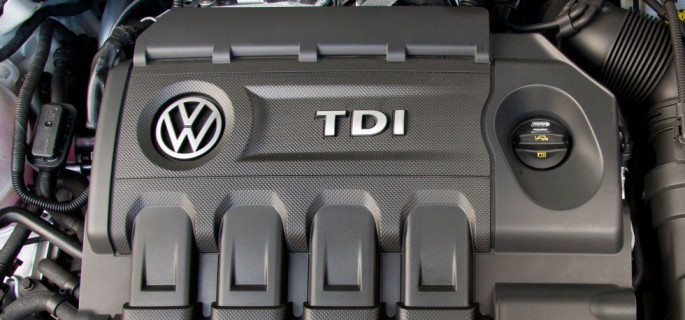Scientists estimated that VW’s emissions cheating will lead to some 1,200 premature deaths in Europe

Scientists are working on an assessment of the health impact of excess emissions from diesel cars in Europe in the wake of the Dieselgate scandal.
The assessment is a follow-up to a study published last March, in which it was estimated that VW’s cheating will lead to some 1,200 premature deaths.
Steven Barrett, one of the authors of that article, told EUobserver his team, most of whom are attached to the Massachusetts Institute of Technology, is working on a follow-up study.
The researchers will look at how the health of the population in the 28 EU member states, plus Switzerland, has been affected by excess emissions from diesel cars.
For years, carmakers have produced diesel passenger cars that comply with EU emissions limits in the official laboratory test, but emit several times more the limits when in actual use.
Volkswagen admitted using cheating software, which is illegal in the EU.
But other carmakers have also programmed their emission filters in such a way that they pass the test, while producing much more nitrogen dioxide (NOx) emissions on the road. They claim this is allowed because of an exception in EU law.
NOx can cause respiratory diseases and bring forward death.
Barrett and six other authors, including lead author Guillaume P Chossiere, published their report on the impact of Volkswagen’s cheating last March.
The authors looked at the impact on Europeans’ health of 2.6 million of the diesel cars Volkswagen Group (VW) sold with cheating software in Germany – in total VW had sold 8.5 million of them in Europe.
They found that in the period 2008 to 2015, when those dirty cars were driving around, they contributed to 1,200 premature deaths.
The report also said that the total number of “life-years lost” was 13,000, and that there was a €1.9 billion price tag attached to those life-years lost.
The study was published in Environmental Research Letters, a peer-reviewed scientific journal.
A VW spokesman questioned the “basic assumption of the study” that the EU limit of 180 milligram of NOx per kilometre “applies to all road trips”.
“Depending on the driving style, route and environmental conditions, all diesel vehicles can produce NOx emissions significantly higher than the limit,” he said.
That statement is compatible with car industry’s line of defence over the past year, when it was scrutinised by the European Parliament’s inquiry committee into the Dieselgate scandal.
It is however not a convincing defence.
The EU legislation on NOx limits clearly states that they should be adhered to under normal driving conditions, which means that diesel vehicles may only produce significantly higher emissions in exceptional cases.
The idea that the EU law allows for diesel cars to be consistently emitting significantly more than the EU limit has been disputed by the European Commission and MEPs time again in public discussions with carmakers.
In addition, the Volkswagen spokesman said it was “difficult to understand why Volkswagen vehicles should be mentioned in connection with significant ‘life years lost'”.
The spokesman noted that “the NOx emissions of our vehicles are not higher than those of our competitors’ vehicles under real driving conditions”, and boasted that VW’s emissions performance on the road was “in many cases even better than those of our competitors”.
It is true that other carmakers have come out worse than VW in several emissions tests performed on the road.
But that only means that the situation is much worse than just the Volkswagen fraud.
According to an estimate by non-governmental organisation Transport & Environment, there are currently some 29 million diesel cars on the road that emit at least three times the EU limits.
Source: euobserver




























